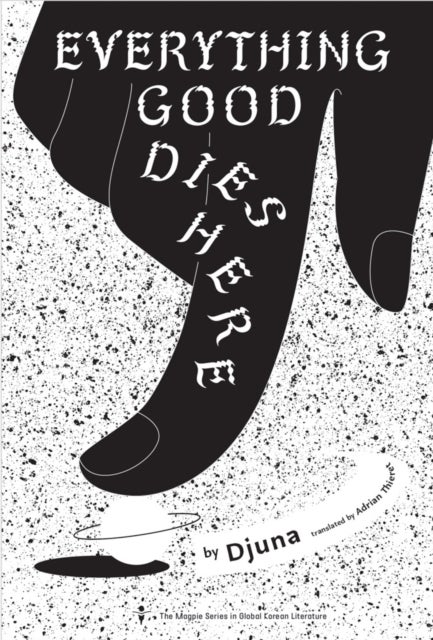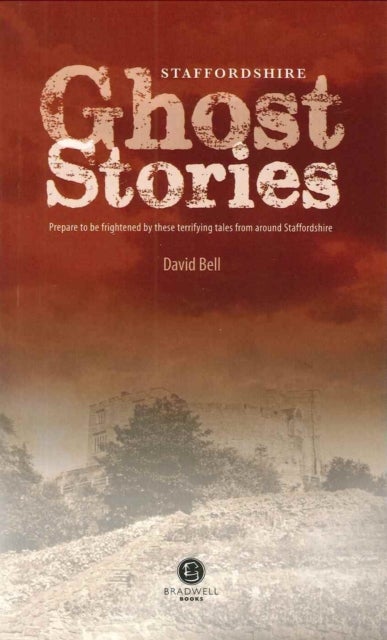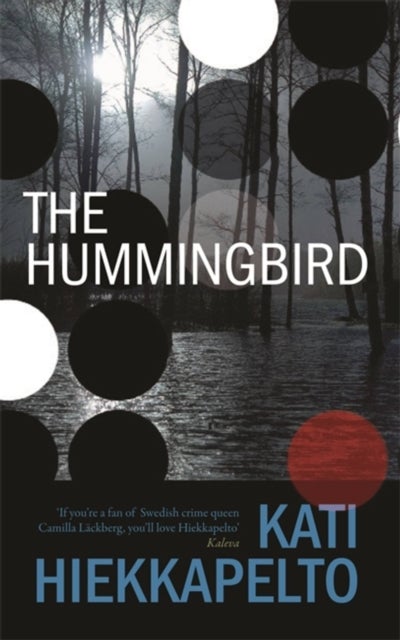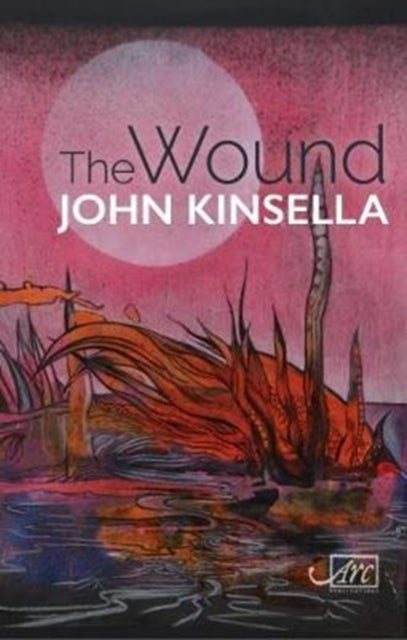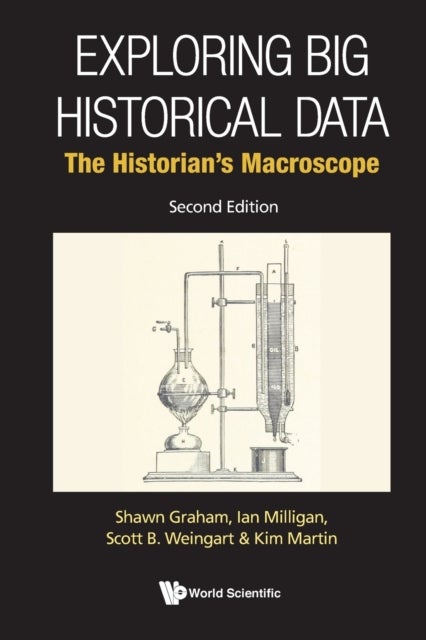
Exploring Big Historical Data: The Historian's Macroscope av Shawn (Carleton Univ Canada) Graham, Ian (Univ Of Waterloo Canada) Milligan, Scott B
471,-
Every day, more and more kinds of historical data become available, opening exciting new avenues of inquiry but also new challenges. This updated and expanded book describes and demonstrates the ways these data can be explored to construct cultural heritage knowledge, for research and in teaching and learning. It helps humanities scholars to grasp Big Data in order to do their work, whether that means understanding the underlying algorithms at work in search engines or designing and using their own tools to process large amounts of information.Demonstrating what digital tools have to offer and also what ''digital'' does to how we understand the past, the authors introduce the many different tools and developing approaches in Big Data for historical and humanistic scholarship, show how to use them, what to be wary of, and discuss the kinds of questions and new perspectives this new macroscopic perspective opens up. Originally authored ''live'' online with ongoing feedback from the wider

